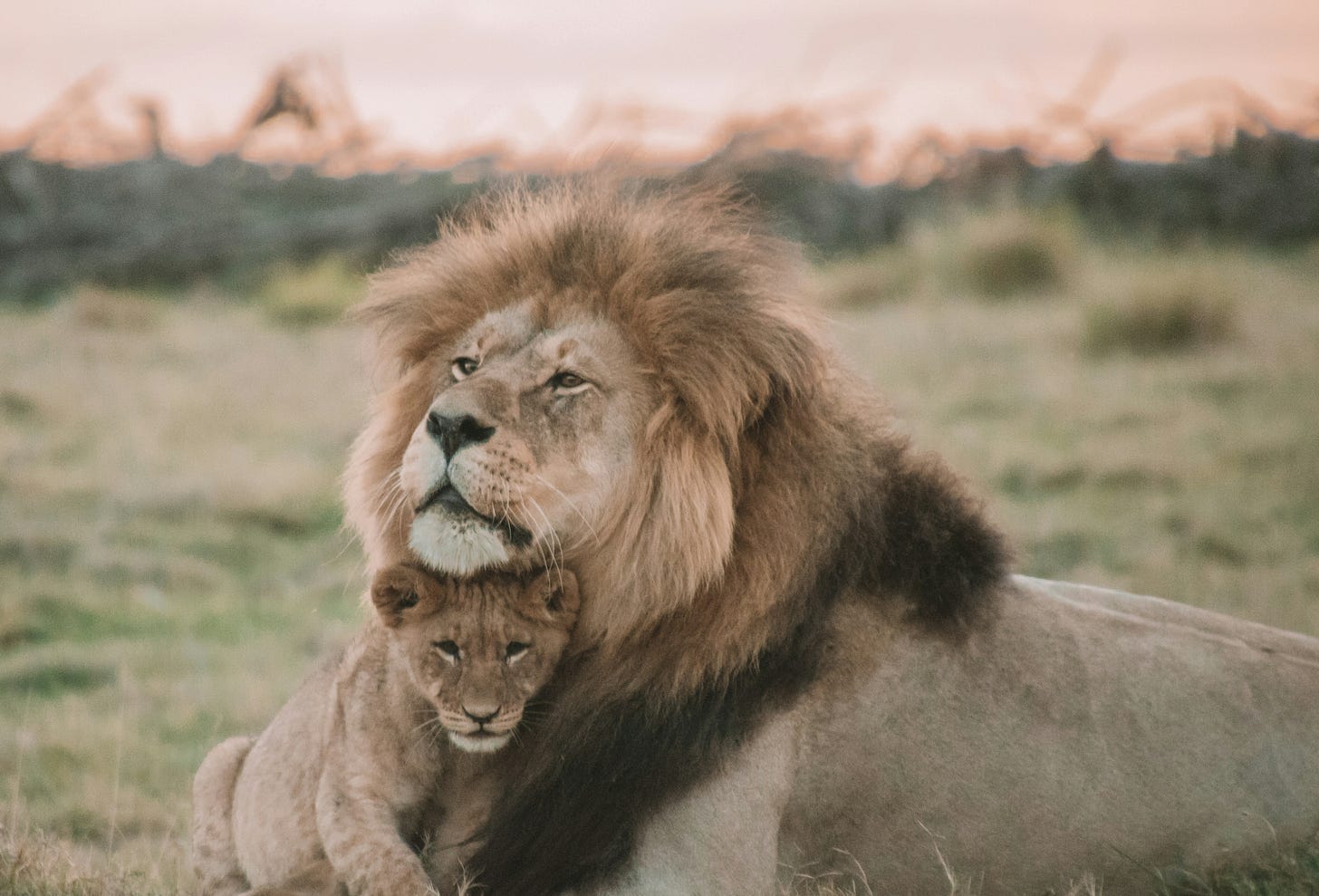Random Conversations is a newsletter for those who believe in the power of a positive perspective and the joy it brings. It champions intentionally honoring ways of being and promotes the belief that we can change our world, one interaction at a time. Choose the change wisely.

I haven’t written much about my father other than a few sentences here and there, but today is Father’s Day (as I start to write this), and hearing so many heartfelt tributes throughout the day has prompted me to put him front and center.
My father died in 2004. Ours was not an easy relationship.
My Early Years
I became painfully aware of my parents’ unhappiness together in the house we moved to just before I started first grade. It was there I learned that interactions with my father were not safe. I could say something one day that would make him laugh (and I loved that!), and say something similar the next day and be slapped across the face.
I remember my parents being with their friends at our house or one of theirs, and laughter easily flowed. I also remember my father screaming at my mother, forcing her to retreat into herself to escape. I felt hate grow in my young heart. I wished he would die and leave us alone. I didn’t know there was another option, having only heard of divorce when neighbors went through that process a few years later.
I wanted my father’s painful rage to stop. I wanted the fear to stop – both mine and my mother’s. I wanted peace. Instead, everything got worse.
Years of Bad Decisions
We moved to a new house after I finished fifth grade and stayed there until after I finished my freshman year of high school. That’s when we moved from Tucson to Phoenix.
It was years later that I understood how much of the emotional and physical pain I experienced with my father came from alcohol as he progressed from a casual beer to Scotch or vodka, one after the other, until he fell asleep in a stupor.
It took even longer to understand that my father never had a positive role model in his life and simply repeated the actions of his own dysfunctional father.1 He didn’t know any other way to be and was disinclined to learn.
Our last year in Tucson brought the first of a series of “get rich quick” schemes my father embraced with his literal partner in crime. He jeopardized our feeling of safety but felt that the potential upside was worth everything. It was not.
Forgiveness & Healing
My heart opened to new ways of being in my twenties. I read everything I could find on dealing with anger and on reaching a place of forgiveness. When my father was in a good place, I could start to feel comfortable with him. But I could not trust it to continue. I was always guarded, waiting for the pain to start again.
There were actions my father took that were unforgivable. I knew I needed to find a place in my heart to forgive him, but how could I forgive the unforgivable? Somehow, life led me to the book Forgive for Good by Fred Luskin, and his work with the Stanford Forgiveness Project.2
What I remember reading is that forgiveness is for us – we are not forgiving “them.” It’s a decision to cut the tie of pain, to not feel its pull any longer. I knew it was what I needed and followed Luskin’s guidance to sever that cord. The unforgivable acts and the man who unleashed them were still there, but I felt distance from them. I was able to experience peace and move on.
Around this time, my father started becoming a nicer man – a more openly caring man. Part of the change was from taking estrogen to balance changes due to hormone treatment for prostate cancer, and part was from the effects of dementia that ultimately allowed him to feel vulnerability.
I was able to be there for him in his final years in a way I could never be before – both on the phone and in person when I came to visit him in Arizona. He related to me in a much different, more open, more loving way. I could see him where he was at the end and acknowledge the person he had become.
A Reflection
Most of my life, my father felt compelled to tell me what I did wrong and how I should think, feel, act. That was being a “good father” in his thinking. I rejected all of it because I found no truth in it.
As the end of his life neared, he came to me to ask what I thought and why. He was curious about reincarnation and knew I believed in it. He wanted to learn from me. And I was happy to share. I gave him books to read and we spoke about them. Ultimately, this prompted additional conversations – conversations from the heart.
It was unexpected to find peace with him – and, finally, love. It was truly a gift to both of us.
Our relationship was complicated, to say the least. That is not a sentiment that can be found on a card, but maybe it should be.
We embody a totality of all we have experienced in life, how we react, what we learn. Relationships are complicated since we are complicated. Aren’t we?
Getting the Love You Want, by Harville Hendrix, introduced me to the role our family experiences play in the relationships we are drawn to.





Cathy, Thank you for sharing the evolving story of you and your father. It will give hope to those who feel forgiveness is impossible. I had a difficult relationship with my father, but I decided to be there for him at the end. I'm so glad I made that decision.
This is beautiful Cathy, thank you